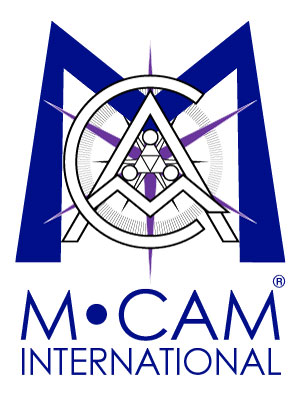Small businesses embrace reform despite added costs
Date: Mon, 2002-08-05
Excerpted from: The Business Review By Kent Hoover Charlotte Business Journal August 5, 2002 The auditor independence rules apply only to public companies, but privately held companies that anticipate going public in the future or merging with a public company likely will follow them as well. Most experts expect the rules will increase a company’s accounting costs, but David Martin, chairman and chief executive of Charlottesville, Va.-based M-Cam, thinks businesses may get better deals by hiring separate firms for auditing and other services. “Nothing is lost and much is to be gained by getting rid of what was effectively in many cases almost a monopoly position,” he says. Good directors will be hard to find. Two other parts of the bill, however, will have “devastating effects on small business,” Martin says. The bill will make the cost of director and officer insurance “prohibitive,” he says, forcing small public companies to choose between buying expensive liability insurance or losing qualified directors for their boards. The cost of that insurance has gone up by more than 50% in the past few months, says Mark Heesen, president of the National Venture Capital Association. “It’s only going to get worse.” Martin, whose company provides intellectual property analysis software, says the corporate reform legislation also will require companies to comply with an “esoteric rule” that requires companies to test and disclose whether their intangible assets have been impaired – e.g. whether their intellectual property or licenses have lost much of their proprietary value. That rule, issued by the Financial Accounting Standards Board, has not been enforced, but it will be now that the corporate responsibility legislation requires financial reporting to be consistent with all SEC guidelines, Martin says. Accounting firms will not want to “play by two separate rules,” he says, and will insist their privately held audit clients test their intellectual property for impairment as well. “It’s another accounting scandal waiting to happen,” he says. Full text version available here.


Sorry, the comment form is closed at this time.